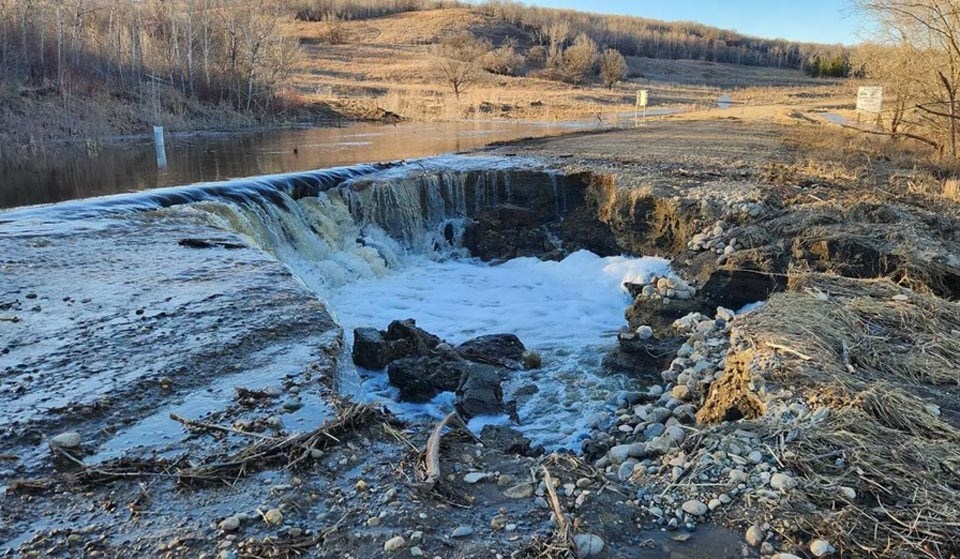Engagement opportunity: Strategic use of offset payments to support wetland conservation
Organization

The Government of British Columbia has opened an request for comment on the strategic use of offset payments to support wetland conservation
Portal(s):


